submitted by Jeff Williams
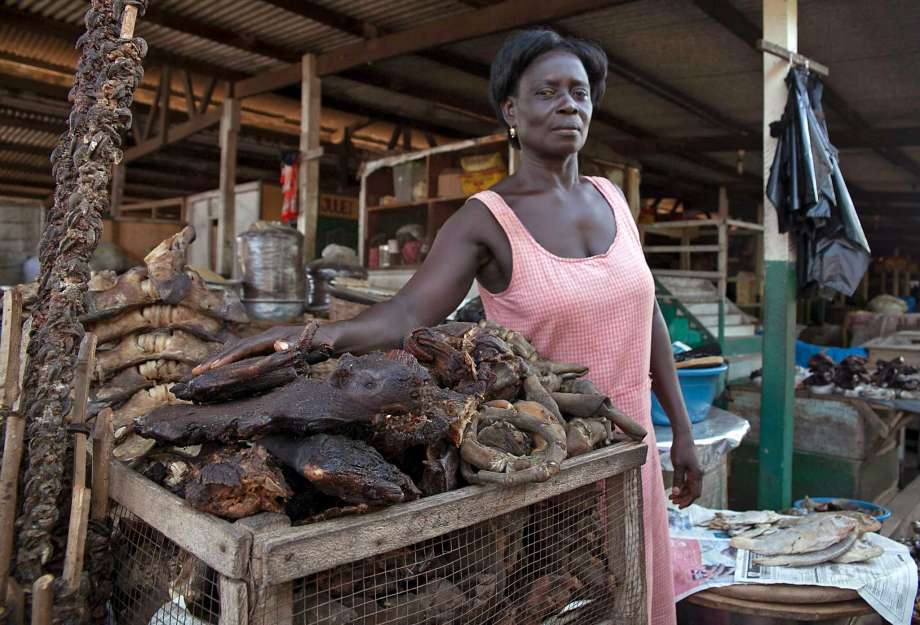
FILE-In this file photo taken on Wednesday, Oct. 22, 2014, Yaa Kyarewaa, await clients as she stands next to her makeshift bush meat shop at one of the largest local markets in Accra, Ghana. As the deadly outbreak of Ebola has subsided, people in several West African countries are flocking to eat bush meat again after restrictions were lifted on the consumption of wild animals like hedgehogs and cane rats. But some health experts call it a risky move. (AP Photo/Christian Thompson, File)
Associated Press - by HILAIRE ZON and CARLEY PETESCH - September 21, 2016
ABIDJAN, Ivory Coast (AP) — As the deadly outbreak of Ebola has subsided, people in several West African countries are flocking to eat bushmeat again after restrictions were lifted on the consumption of wild animals like hedgehogs and cane rats. But some health experts call it a risky move.
Ivory Coast, which neighbors two of the three countries where Ebola killed more than 11,300 people since December 2013, lifted its ban on wild animal meat this month.
The meat of squirrel, deer, fruit bats and rats has long been a key source of protein for many in the region, but it is also a potential source of the Ebola virus.

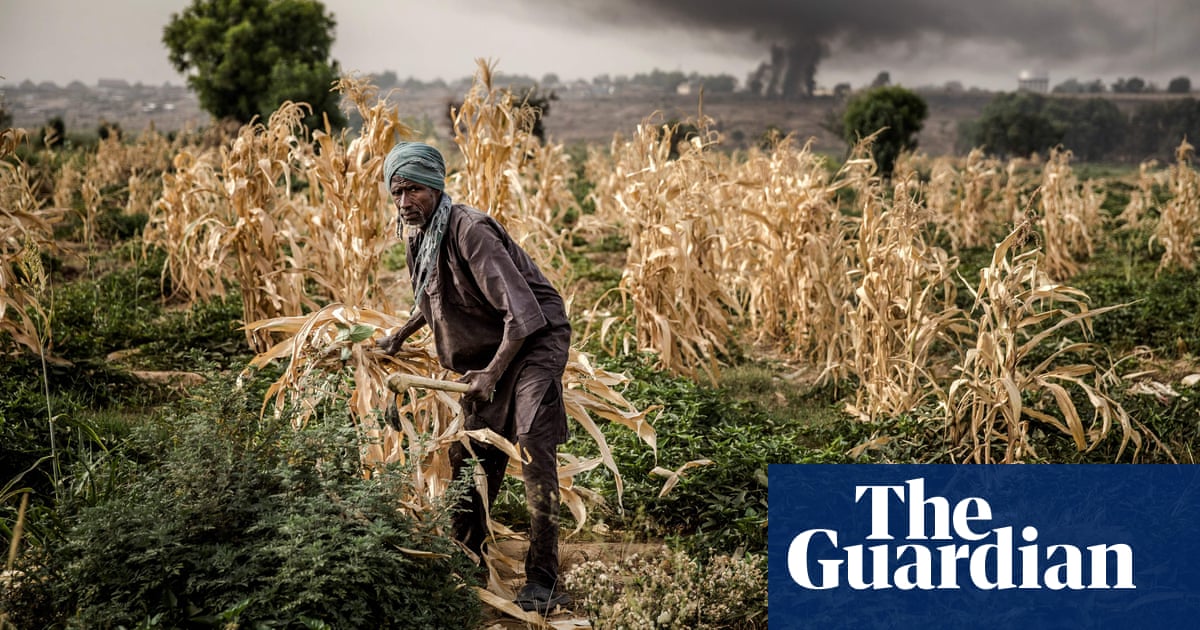




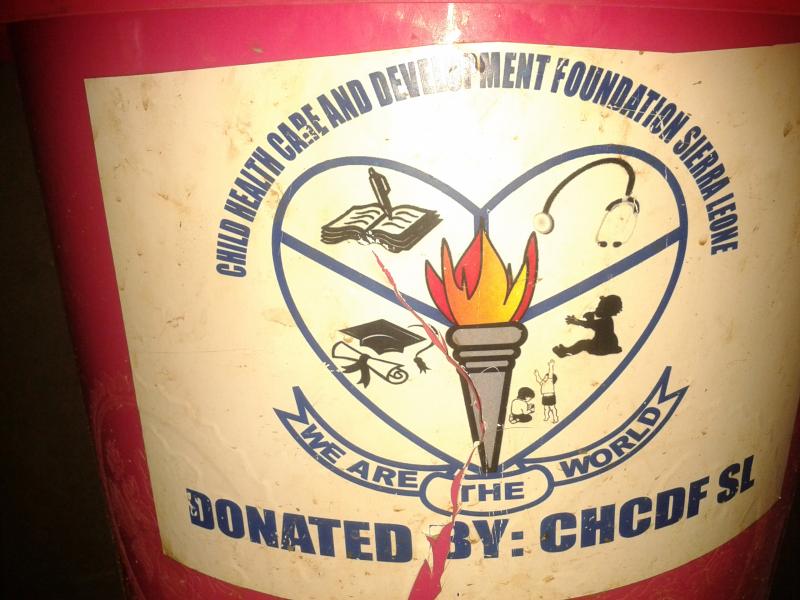
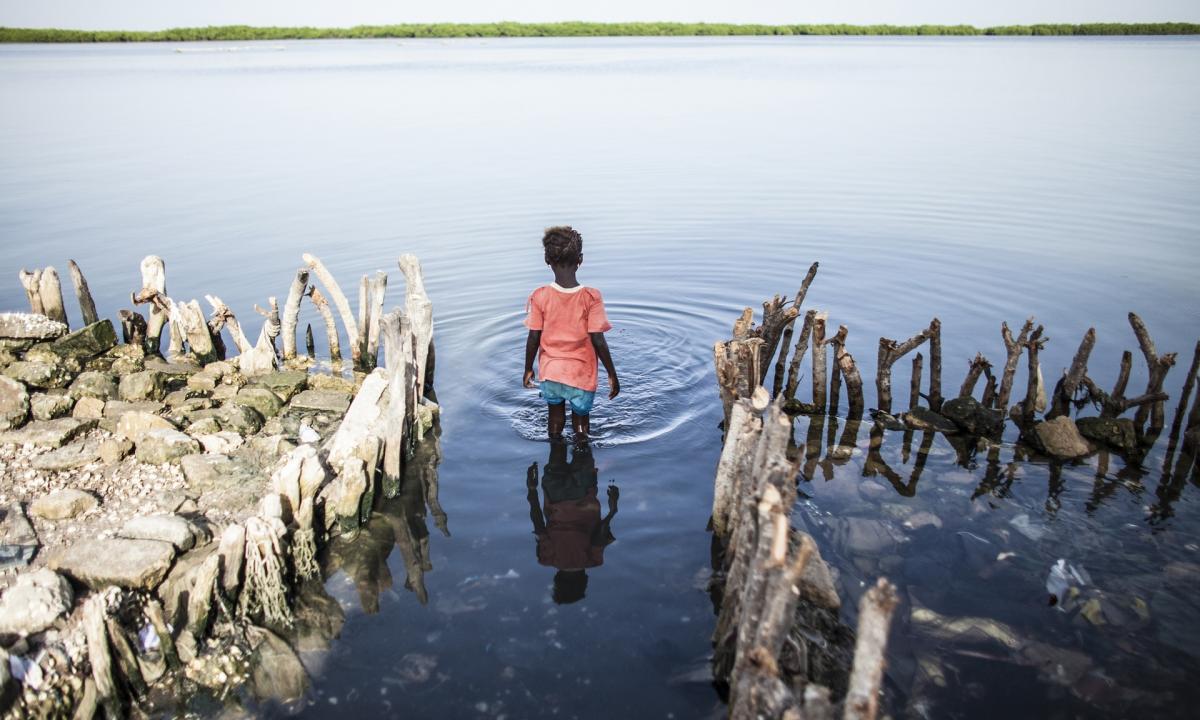

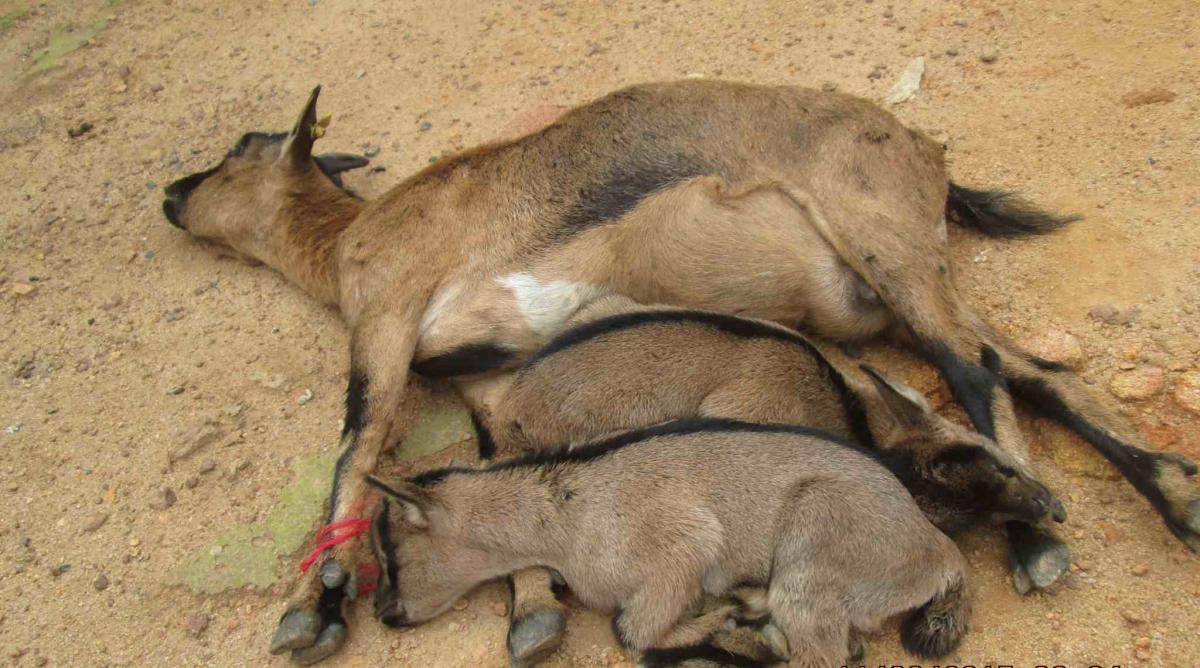
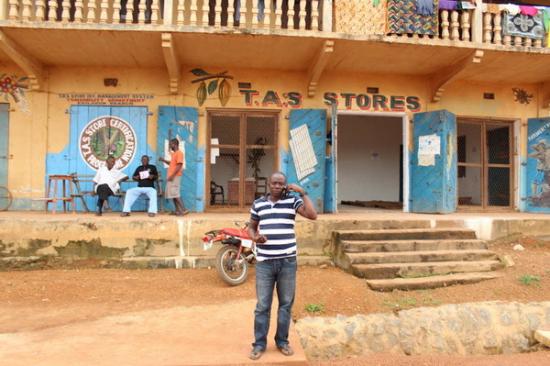 Lahai Momoh, a buying agent for cacao in the eastern Sierra Leonean town of Kenema, seen here talking on his cellphone in August 2015, says 2014 was the worst year of his career due to the country's Ebola outbreak.
Lahai Momoh, a buying agent for cacao in the eastern Sierra Leonean town of Kenema, seen here talking on his cellphone in August 2015, says 2014 was the worst year of his career due to the country's Ebola outbreak.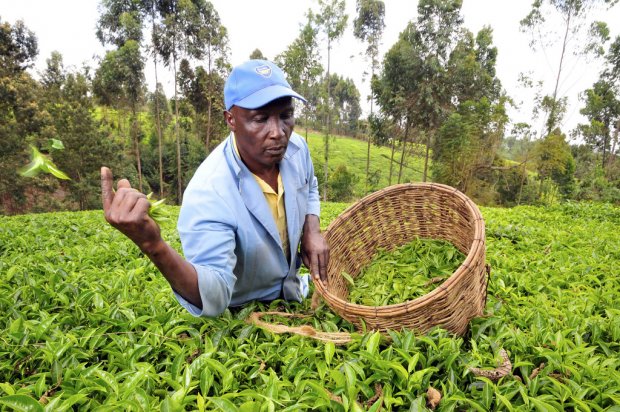
Recent Comments